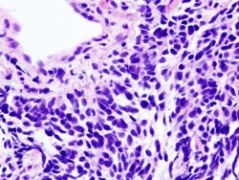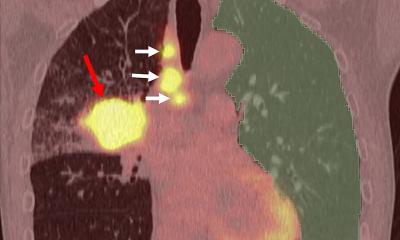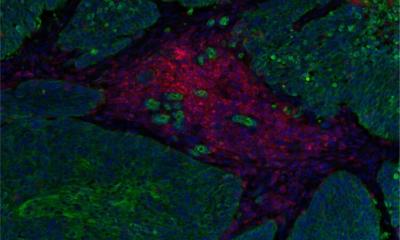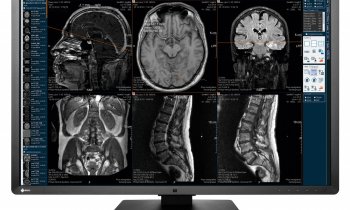Study shows relation between LKB1 gene and lung cancer
Lung cancer has a high mortality: Despite prevention programms each year 1.3 million people die due to malignant mutation of lung cells. It's the most common cause of cancer-related death in men, second most common in women.

The gene LKB1 is assumed to be a powerful tumor suppressor, keeping malignant events under control. Scientists from the University of North Carolina at Chapel Hill School of Medicine and Harvard Medical School discovered, that a defective LKB1 gene is strictly related to lung cancer.
The LKB1 gene is mutated in nearly 25 percent of human lung cancers. “Defects in this gene appear to result in a much nastier form of lung cancer called squamous cell carcinoma,” said Dr. Norman Sharpless, assistant professor of medicine and genetics in the UNC School of Medicine, member of the UNC Lineberger Comprehensive Cancer Center.
The scientists study on genetically engineered mice, which have defects in the LKB1 gene and other tumor supressors. LKB1 gene-defective mice develop cancer at a faster rate and show forms that are more likely to metastasize. The study also presented the first mouse model bearing squamous cell carcinoma.
“Mice with lung cancers harboring LKB1 mutations do much worse. We still do not know what this gene does,” added Dr. Sharpless. “But this mouse model will enable us to determine how this gene is important for lung cancer and to develop therapies targeted in a way that can help human patients.”
DNA from 144 non-small cell lung cancer patients treated at the UNC was gathered by the team, comparing the data with their mouse model.
“We should be able to sort patients into groups based on exactly what genetic lesion is causing their cancer,” said Dr. Neil Hayes, assistant professor of medicine in UNC’s School of Medicine, member of UNC Lineberger. “We hope to make better treatment decisions, depending on which therapy is most likely to target that defect.”
The Study was published in the Journal Nature.
08.08.2007










